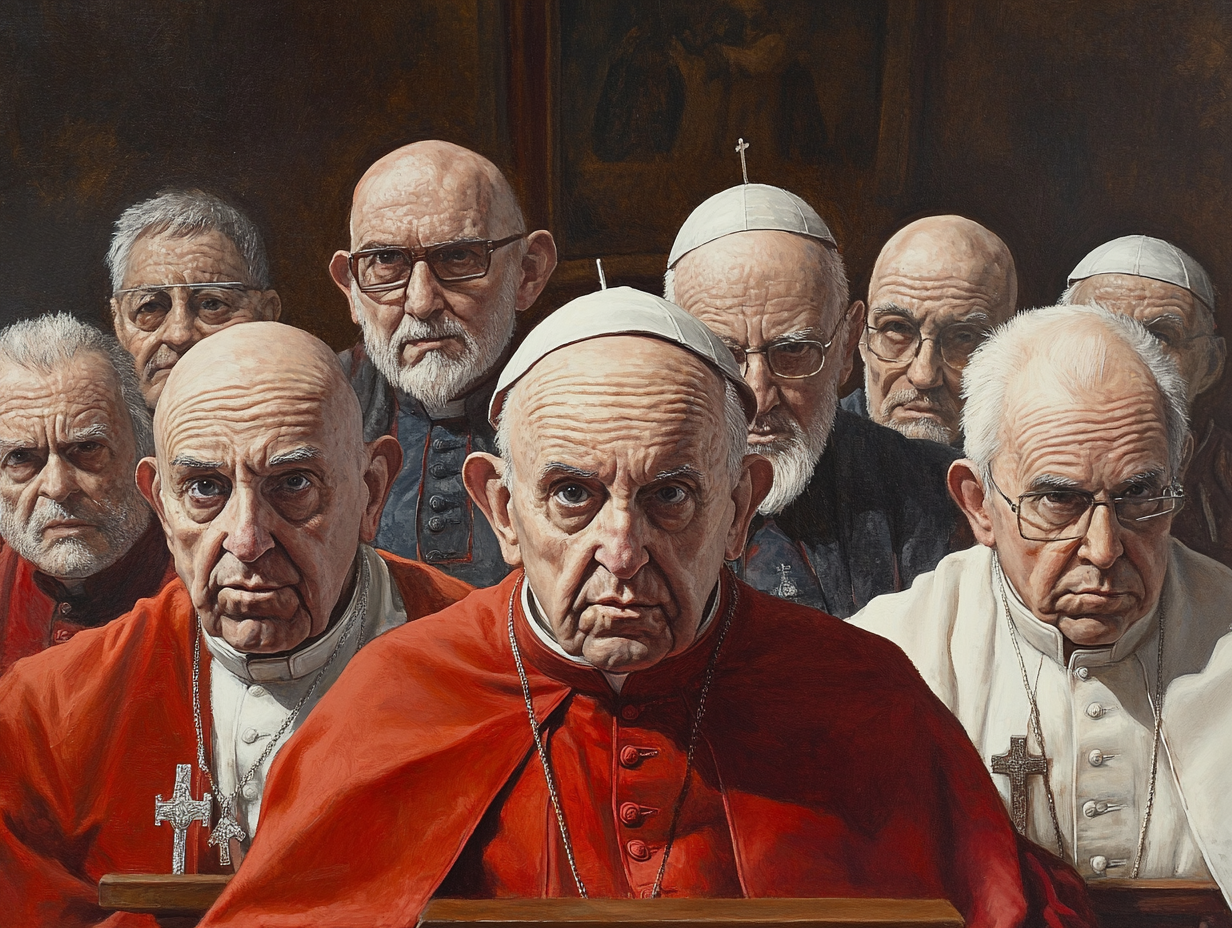Pope Urban II (1088–1099)
Pope Urban II is renowned for initiating the First Crusade in 1096, aiming to reunite Christendom and reclaim Jerusalem from Muslim control. His call to action significantly impacted medieval history and the Catholic Church’s influence worldwide. Urban II’s vision and leadership left an enduring legacy that shaped the church’s role in global affairs.
- Launched the First Crusade, dramatically influencing medieval Europe and the Holy Land.
- Strengthened the power and authority of the papacy during a pivotal era.
- Promoted reforms within the church to address corruption and strengthen doctrinal unity.
- Learn more about Pope Urban II on Wikipedia.
Pope Innocent III (1198–1216)
Pope Innocent III is often regarded as one of the most powerful and influential popes in history. His papacy oversaw the height of papal authority, initiating numerous political and religious reforms. His leadership played a crucial role in shaping the medieval church and its relationship with European monarchs.
- Exercised extensive influence over European monarchs and political affairs.
- Called the Fourth Lateran Council, leading to significant church reforms.
- Supported the Fourth Crusade and played a role in crusader states’ politics.
- Learn more about Pope Innocent III on Wikipedia.
Pope Leo I (440–461)
Pope Leo I, also known as Leo the Great, is celebrated for his theological insights and decisive leadership during a turbulent era for the church. He is remembered for negotiating with invading tribes and defining Christological doctrines. His contributions helped solidify the theological foundations of the Catholic Church.
- Consolidated the authority of the papacy during a time of civil unrest.
- Famous for his confrontation with Attila the Hun, earning him the title “The Great.”
- Authored important theological writings that influenced doctrines about Christ’s nature.
- Learn more about Pope Leo I on Wikipedia.
Pope John Paul II (1978–2005)
Pope John Paul II was a transformative figure in modern history, known for his efforts to promote peace, human rights, and interfaith dialogue. His charismatic leadership and global outreach helped reshape the church’s role in the contemporary world. His influence extended well beyond religious boundaries, making him one of the most influential popes of all time.
- Played a critical role in ending Communist rule in Eastern Europe, especially in Poland.
- Advocated for the dignity and rights of individuals worldwide.
- Initiated numerous peace efforts and interfaith dialogues.
- Learn more about Pope John Paul II on Wikipedia.
Pope Francis (2013–present)
Pope Francis is known for his humble approach, emphasis on mercy, and commitment to social justice. His leadership has brought fresh perspectives to the church, tackling contemporary issues such as climate change, inequality, and migration. His influence continues to grow, inspiring millions around the world with his message of hope and compassion.
- Focuses on addressing global injustices and environmental concerns.
- Promotes a more inclusive, compassionate church open to dialogue.
- Utilizes social media and modern communication to connect with people worldwide.
- Learn more about Pope Francis on Wikipedia.
The Takeaway
These influential popes have left indelible marks on history, shaping the spiritual and political landscape of their times. Their leadership demonstrates how individuals can influence the course of history, fostering change that endures through the ages. Each of these popes exemplifies the profound impact that a dedicated leader can have—reminding us of the enduring power of faith and conviction.
